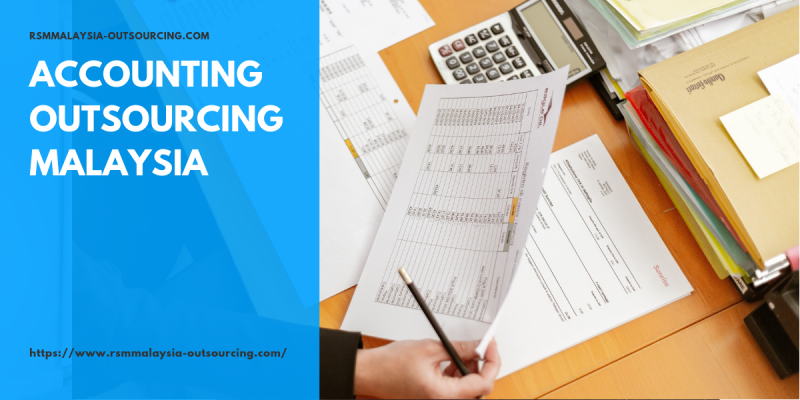Accounting outsourcing is an activity carried out by an individual companies by transferring their accounting functionality to third parties with the purpose of reducing costs, getting services from more specialized parties as well.
Gain competitive advantage. This study focuses on external suppliers countries that have placed their subsidiaries and their branches with leading this accounting outsourcing industry. This study will discuss this issue conceptually by identifying what knowledge has been received, obtained, and which are transferred by the supplier to their client and how the system information plays a role in managing it for costs in outsourcing activities. This accounting can be controlled.
Advantages and disadvantages of accounting outsourcing:
Advantages:
- Reduce the cost of maintaining full-time accounting (salaries, taxes, maintenance of premises and equipment, special program acquisitions, staff development).
- The absence of human factors (vacation, sick leave, maternity and other situations where an accountant is temporarily absent).
- High level of professional training outsourcing, extensive experience and continuous awareness of legal innovation.
- The ability to focus all of the company’s resources in key activities.
Disadvantages:
- It’s not easy to control accounting records, because experts may be away from you.
- Third party experts may not fully understand the features of your company’s production process.
- High quality services can only be done in collaboration with a reliable outsourcing company, which is not very easy to find.
- We need to adjust the process of interaction with outsourcing companies and devote time to this, or even set aside for these specialists.
For more information about Accounting Outsourcing Malaysia, please visit https://www.rsmmalaysia-outsourcing.com/









